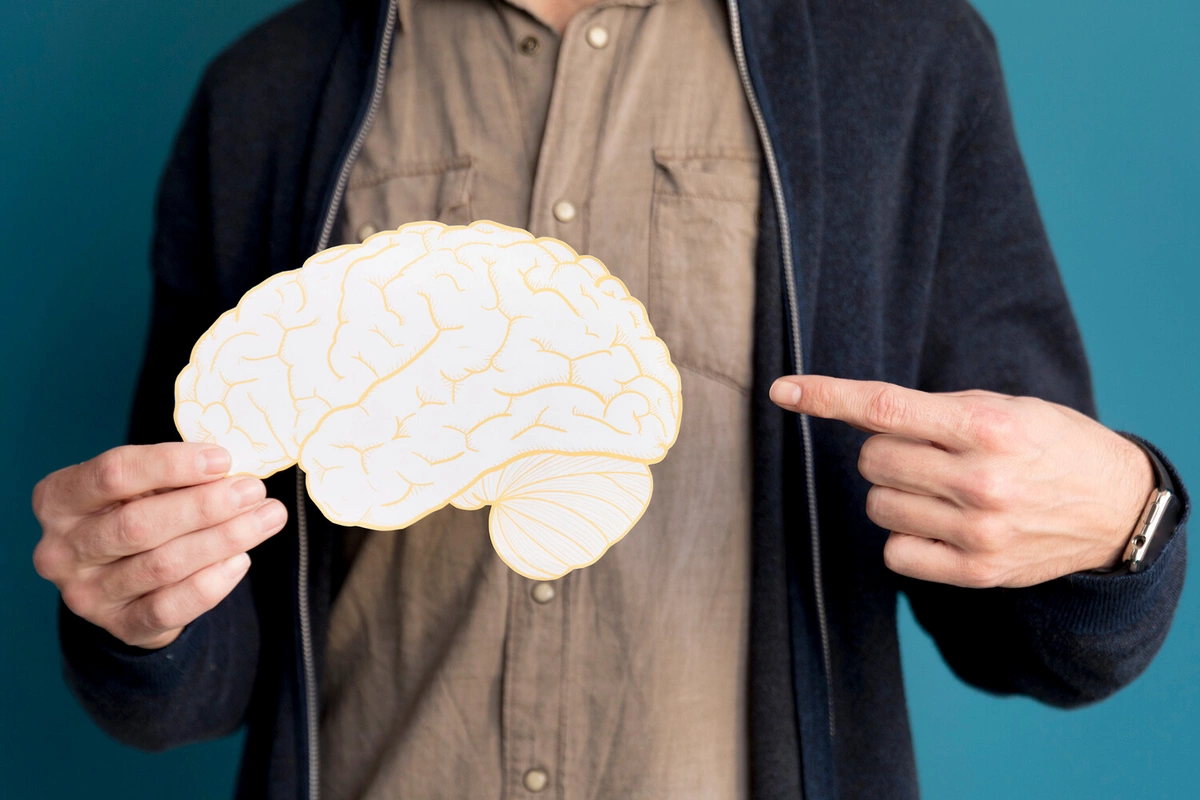New depression development mechanism found in the brain

Scientists from the University of Wisconsin have discovered that astrocytes - supporting cells of the central nervous system - play a crucial role in the development of major depressive disorder (MDD). This is stated in a study published in the scientific journal Neuroprotection.
Previously, the main focus in studying MDD was on microglia - immune cells of the brain involved in inflammatory processes. However, the role of astrocytes remained unclear. To fill this gap, American researchers analyzed 226 scientific papers on the relationship between inflammation and astrocyte activity in depression.
It turned out that astrocytes perform many more functions than previously thought. In addition to providing structural support for neurons, they regulate nerve cell growth, participate in synapse formation and signal transmission. When these functions are disrupted, interneuronal communication suffers, which can provoke or intensify depressive symptoms.
Scientists also emphasized the importance of interaction between astrocytes and microglia. Activation of microglia leads to the release of inflammatory molecules, which, in turn, stimulate astrocytes to produce toxic substances. This "vicious circle" enhances neuroinflammation and neuronal damage.
One of the key mechanisms identified during the analysis was the release of ATP by astrocytes - a signaling molecule that enhances microglial activity. Also, when astrocyte functions are impaired, an increase in lactate levels is observed in the brain, which can affect gene activity and maintain the inflammatory process.
The study authors are confident that the obtained data opens new horizons in the treatment of depression. Influencing astrocyte activity can not only increase treatment effectiveness but also become a means of preventing the disease in people at risk, as well as reduce dependence on medications.
Similar News
Food that grows non-burnable fat on the belly
You can exercise, count calories, and drink water on schedule - but the belly still doesn't go away. Why? The thing is that some foods literally program the bod...




 Azərbaycanca
Azərbaycanca  По-русски
По-русски  English
English 





